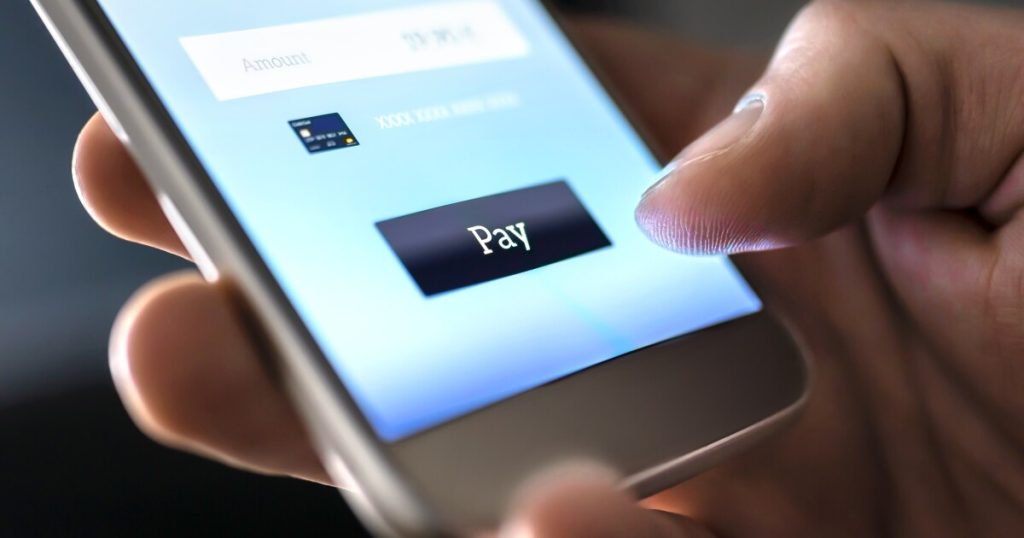Adobe Stock
A new study from Cornell University finds the simple act of how one pays for things is quietly shaping how others perceive their status.
You don’t have to read trend reports to see the significant shift in
The last time such a dramatic transformation occurred in
In the 1970s, American Express built its credit card brand on a powerful campaign using the line “Do you know me?” The commercials featured celebrities whose names were widely recognized but whose faces were less familiar — among them author Stephen King, football coach Mike Ditka, Jim Davis (creator of “Garfield”) and Mel Blanc (the voice of “Looney Tunes” characters). Each ad began with the iconic question before revealing the celebrity’s name on their American Express card. The campaign cleverly leveraged both exclusivity and recognition, conveying that carrying an Amex card signaled membership in an elite group of successful individuals.
Today, a similar transformation is underway this time with a digital twist. The satisfying “tap” of a phone against a payment terminal has become the new equivalent of the platinum card’s swish across a counter. But unlike in the credit card era, when the physical card served as the status symbol, today’s status is marked by the absence of physical payment methods altogether.
Paying with a mobile device has emerged as a subtle yet unmistakable indicator of tech savvy and modernity. Just as a handbag or watch brand communicates personal identity, so too does one’s payment method. In today’s attention economy, even micro-interactions like how someone pays for a coffee have become part of the personal brand experience.
Extensive research by one of the authors of this article has revealed that consumers using mobile payments are perceived as having higher status than those using traditional methods such as credit cards or cash. The research also uncovers a shift in how the use of cash is viewed in social perception.
Using a series of experimental studies, Professor Fulmer examined how observers assessed consumers based on the payment methods they used. For example, when participants learned about a consumer named Patrick buying groceries, Patrick was perceived as having higher status when he used a mobile payment app compared to paying with cash or with a credit card. Furthermore, the perception of Patrick’s status was nearly identical whether he used cash or a credit card suggesting that both may now be mentally grouped into a single category of “older” payment methods.
So why the premium for mobile payments? Even as mobile apps become more common, Fulmer’s research shows that users of mobile payment methods are still misperceived as early adopters. Early adopters have historically been associated with affluence, and this mistaken belief leads observers to perceive mobile payment users as wealthier than cash users, granting them higher status in everyday transactions.
However, the research also shows that this status signal is context dependent. In another study, participants evaluated a consumer paying for a hotel stay with either cash or a mobile app. The consumer using a mobile payment app was rated as higher status when paying for an economy hotel. But when the hotel was described as a luxury property, the consumer paying in cash received a slight status edge. Why the reversal? According to the research, when the purchase itself (such as a luxury hotel stay) already conveys wealth, the mode of payment becomes less critical. In fact, using cash in such contexts may even enhance the perception of discretionary wealth.
The overarching takeaway from this research is that in a world where every interaction — no matter how trivial — can serve as a status signal, something as mundane as the method of payment carries social weight. Mobile payments are not just reshaping how transactions happen; they are also transforming how individuals are perceived.

